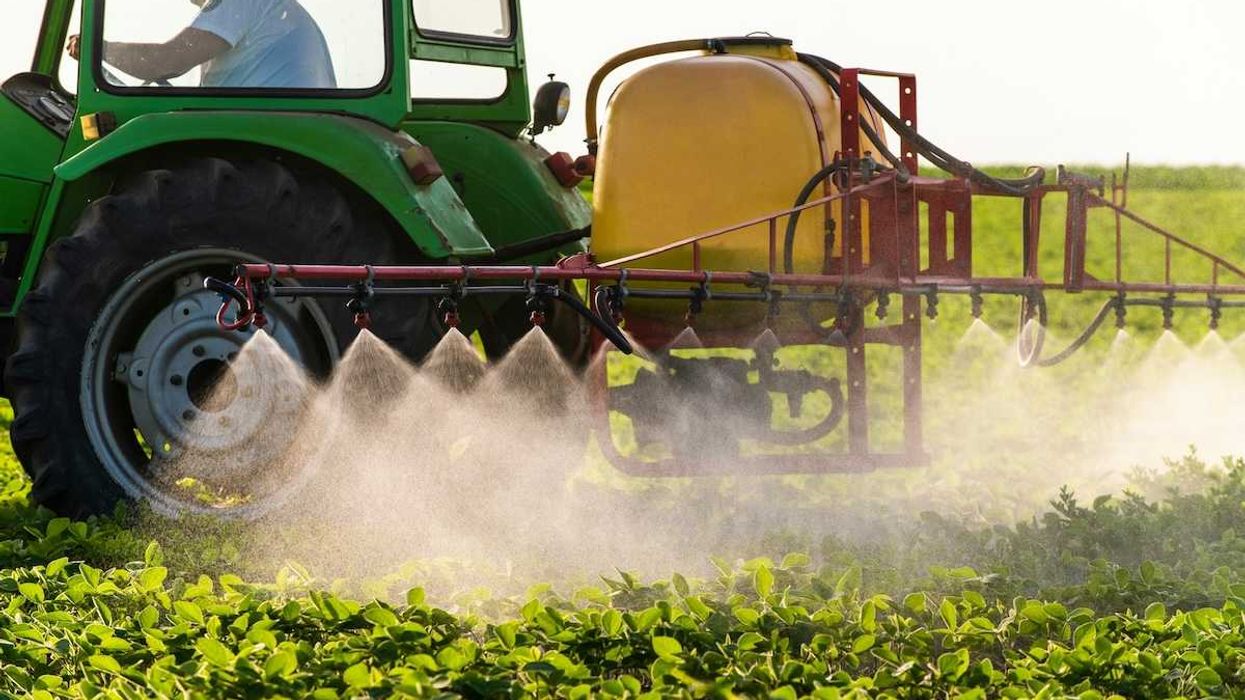California earned top marks and Mississippi ranked last in a new evaluation of state laws aimed at curbing plastic pollution, as federal inaction pushes more responsibility to state governments.
Allyson Chiu reports for The Washington Post.
In short:
- A new Ocean Conservancy report graded all 50 states and D.C. on their plastic pollution laws, with California receiving the highest score (4.5 out of 5) and Mississippi the lowest (0.5).
- Most states scored below 3 out of 5 points, and the report’s authors noted they used a generous grading curve to reflect the limited progress nationwide.
- Only a handful of states have passed laws addressing key issues like single-use plastics, microplastics research, and producer responsibility for packaging waste.
Key quote:
“It’s an important report, especially since Congress is missing in action on preventing plastic pollution. It really will be up to the states to take action.”
— Judith Enck, president of Beyond Plastics
Why this matters:
The United States generates more plastic waste than any other country, and much of it ends up in waterways, oceans, and landfills, where it breaks down into microplastics that can enter food chains and human bodies. Plastic production is tied to fossil fuel extraction, releasing greenhouse gases and toxic chemicals throughout its life cycle. With little federal leadership, state laws now play a critical role in determining how effectively the U.S. tackles this problem. Policies like bag bans, polystyrene restrictions, and extended producer responsibility help limit plastic at the source, but many states have taken few or no steps. As plastic pollution increases, so do concerns about long-term impacts on public health, ecosystems, and climate.
Related: How the plastic industry undermines democracy by blocking bans














